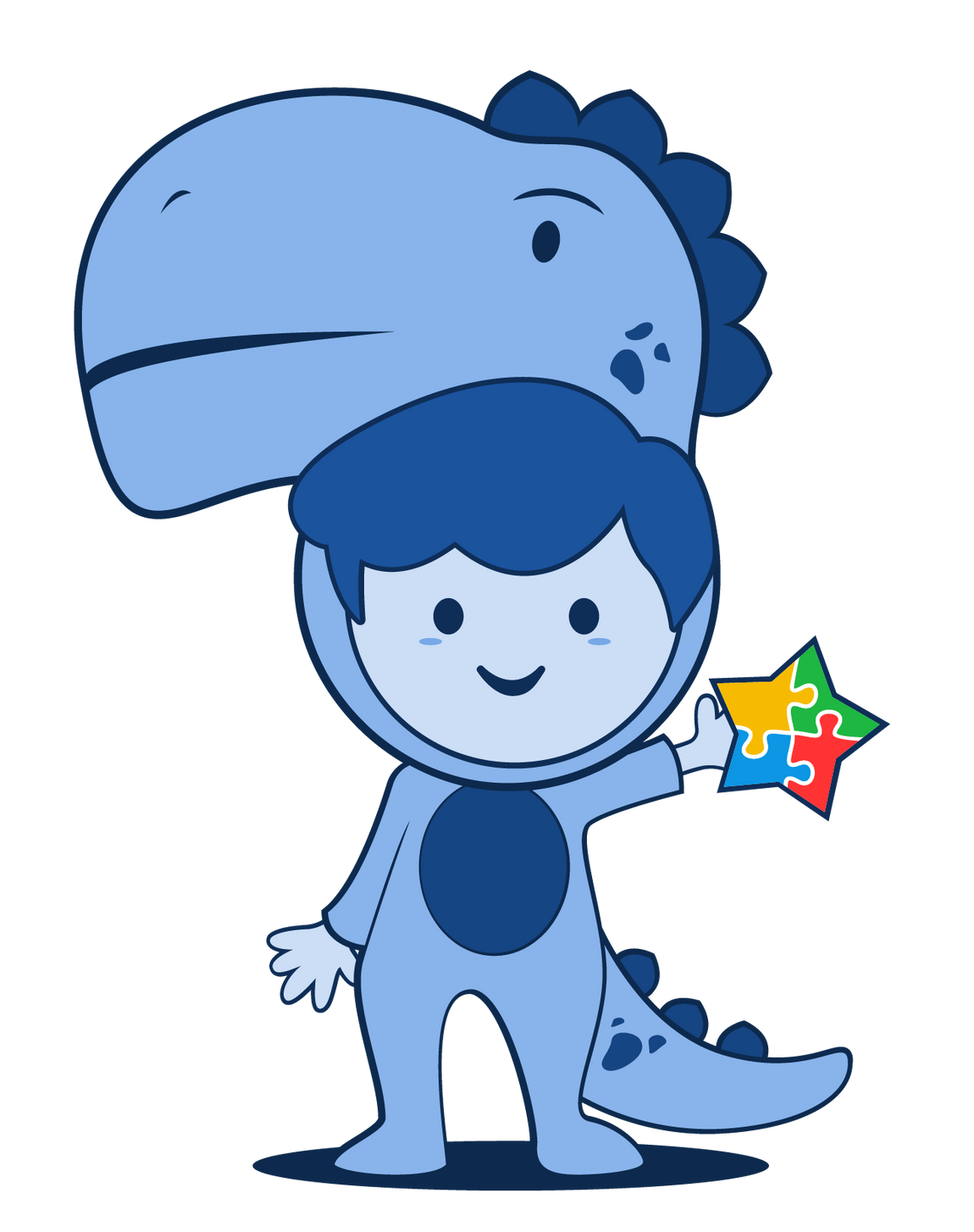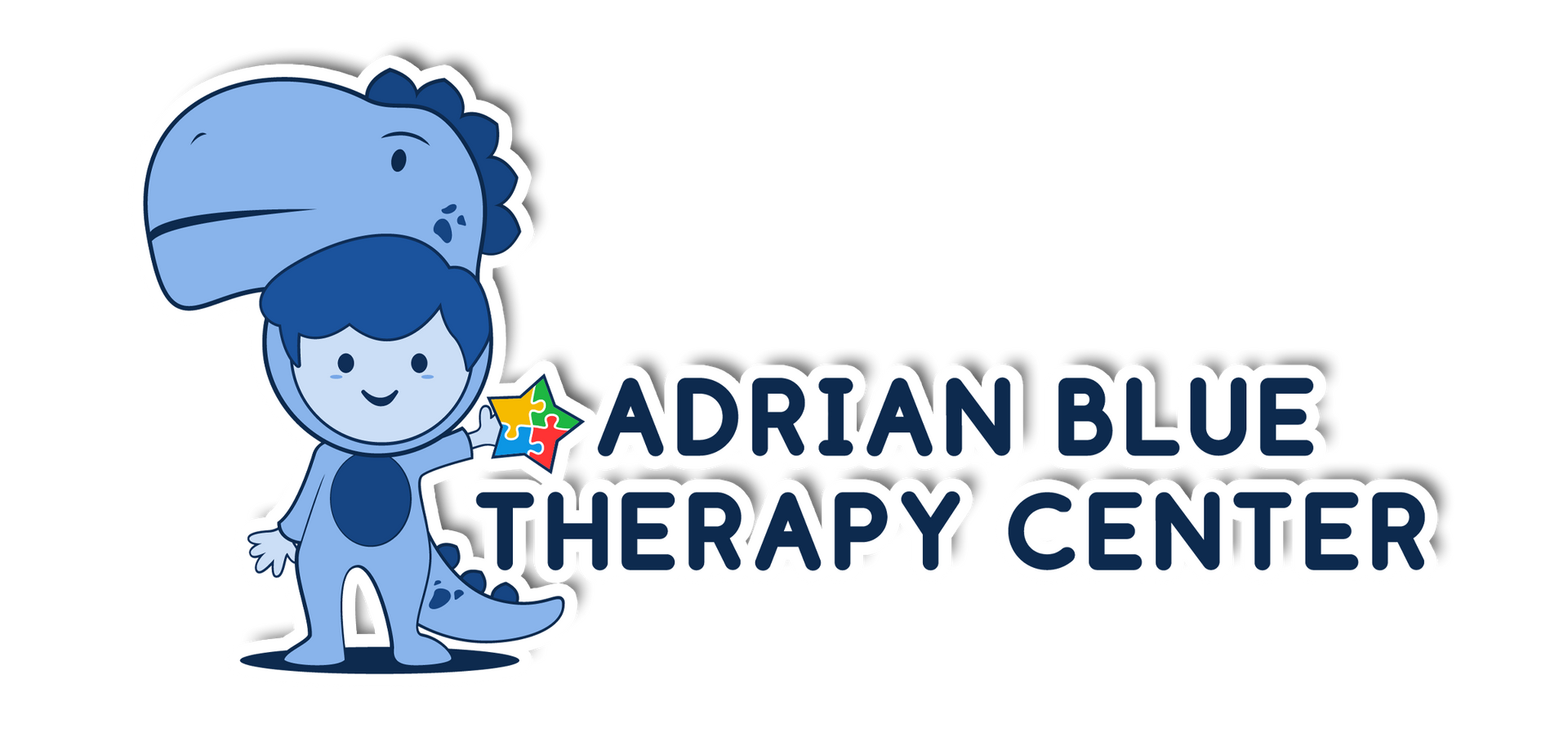Occupational Therapy (OT)
At Adrian Blue Therapy Center, we understand that choosing the right therapy provider for your child can be a difficult decision. Here are some reasons why we believe we are the best choice for your child’s therapy needs:
Experienced and Qualified Staff
Our team consists of highly trained and experienced speech-language pathologists (ST), occupational (OT), physical (PT) and behavioral (ABA) therapists who are dedicated to helping children that they need it. We stay up-to-date with the latest research and
Fun and Engaging Therapy Sessions
We believe that therapy should be fun and engaging for children. Our therapy sessions are designed to be interactive, motivating, and tailored to each child’s interests and abilities.
Parent Involvement
We recognize that parents play a crucial role in their child’s therapy success. We involve parents in every step of the therapy process, providing support and resources to help them continue to work with their child outside of therapy sessions.
Compassionate Care
We are passionate about what we do and genuinely care about the well-being of our patients and their families. We understand that speech and language difficulties behavioral and other developmental can be challenging, and we strive to provide compassionate and supportive care to help children reach their full potential.
At Adrian Blue Therapy Center, we provide personalized therapy services to help children develop better communication skills, enhance their academic performance, and boost their confidence improve your behavior and build skills. if you are looking for a therapy provider for your child, we believe that Adrian Blue Therapy Center is the best choice. Contact us today to schedule an evaluation and learn more about our services.
Occupational Therapy (OT) services address self-care needs, activities of daily living, and the developmental or functional needs. Occupational therapy works on improving performance in fine motor skills, social skills, cognitive skills, visual-perceptual skills, handwriting skills, sensory awareness and integration, muscle reeducation, and postural development.
How is the process to obtain our service?
At Adrian Blue Therapy Center, collaboration is key to the success of our Occupational Therapy (OT) services. Here are the four essential steps we follow to address self-care, daily living activities, and developmental or functional needs effectively:
WORKING TOGETHER
Working Together: Steps of Our Occupational Therapy Programs
Initial Consultation and Assessment
Begin with a thorough consultation and assessment to understand your child's specific self-care needs, daily living activities, and developmental or functional challenges. This helps us set personalized goals and establish a baseline for progress.
Customized Therapy Plan Development
Based on the assessment, our team develops a tailored occupational therapy plan. This plan focuses on improving performance in fine motor skills, social skills, cognitive skills, visual-perceptual skills, handwriting skills, sensory awareness and integration, muscle reeducation, and postural development.
Implementation and Ongoing Support
Implement the customized therapy plan with targeted interventions and exercises designed to address your child's unique needs. Our team provides continuous support, monitoring progress and making real-time adjustments as needed.
Review and Adjustment
Conduct regular reviews and assessments to evaluate your child's progress. Adjust the occupational therapy plan as necessary to ensure it remains effective and continues to meet your child's evolving needs.
Helping to improve the present for a better future
Occupational Therapy (OT) is a comprehensive service designed to improve independence and quality of life for individuals of all ages. Occupational therapists work with patients to develop skills needed to perform activities of daily living, such as self-care, fine and gross motor skills, coordination, and daily living techniques.
Benefits
Motor Skills Development:
Promotes the development and improvement of fine and gross motor skills, essential for activities such as dressing, eating and writing.
Improved Personal Independence:
Helps patients develop skills needed to perform daily tasks more independently.
Occupational Therapy
Occupational therapists and occupational therapy assistants play a crucial role in facilitating children's engagement in the meaningful activities they desire and need to carry out in their daily lives, across various settings including home, school, work, and the community.
Our occupational therapy services encompass a comprehensive array of offerings:
- Personalized assessment sessions, during which the child, family, and occupational therapist collaborate to establish specific goals.
- Tailored interventions aimed at enhancing children's capacity to undertake day-to-day tasks, promoting skill development through a child-centered and family-oriented treatment strategy.
- Take-home programs designed to facilitate the application of therapy techniques in the child's natural environment.
- Ongoing evaluation of outcomes to ensure the fulfillment of objectives, with adjustments made as per the child's evolving requirements and capabilities.
ABTC’ Occupational Therapists are dedicated to aiding children in:
- Enhancing balance, coordination, strength, and motor planning (praxis) abilities.
- Cultivating fine motor skills and refining handwriting proficiency.
- Developing hand-eye coordination for activities like targeting, batting, copying from a board, etc.
- Mastering daily living skills such as bathing, dressing, grooming, and feeding.
- Utilizing specialized equipment like wheelchairs, splints, bathing aides, dressing tools, and communication aids.
- Addressing challenges related to sensory processing, attention, and concentration. At Jumping Step by Step, our occupational therapists specialize in the assessment and treatment of the following domains:
- Sensorimotor Skills
- Sensory Processing and Modulation Disorders, including Sensory-based eating and learning difficulties
- Visual-Motor Integration
- Visual Perceptual Skills
- Fine Motor Control and Coordination
- Gross Motor Control and Coordination
- Self-Care Skills
- Social Interaction Skills
- Executive Functioning Skills
- Handwriting

Contact Us
Phone: (786) 536 7251
(786) 505 8558
( 786) 246 5462
info@adrianbluetherapycenter.com
3220 SW 107th Ct, Miami, FL 33165, United States.
Links
Working hours
- Mon - Fri
- -
- Sat - Sun
- Closed
We offer (ABA,ST,OT,PT) services
We are based in South Florida, serving both
Miami-Dade and Broward counties.

All rights reserved | Adrian Blue Therapy Center


